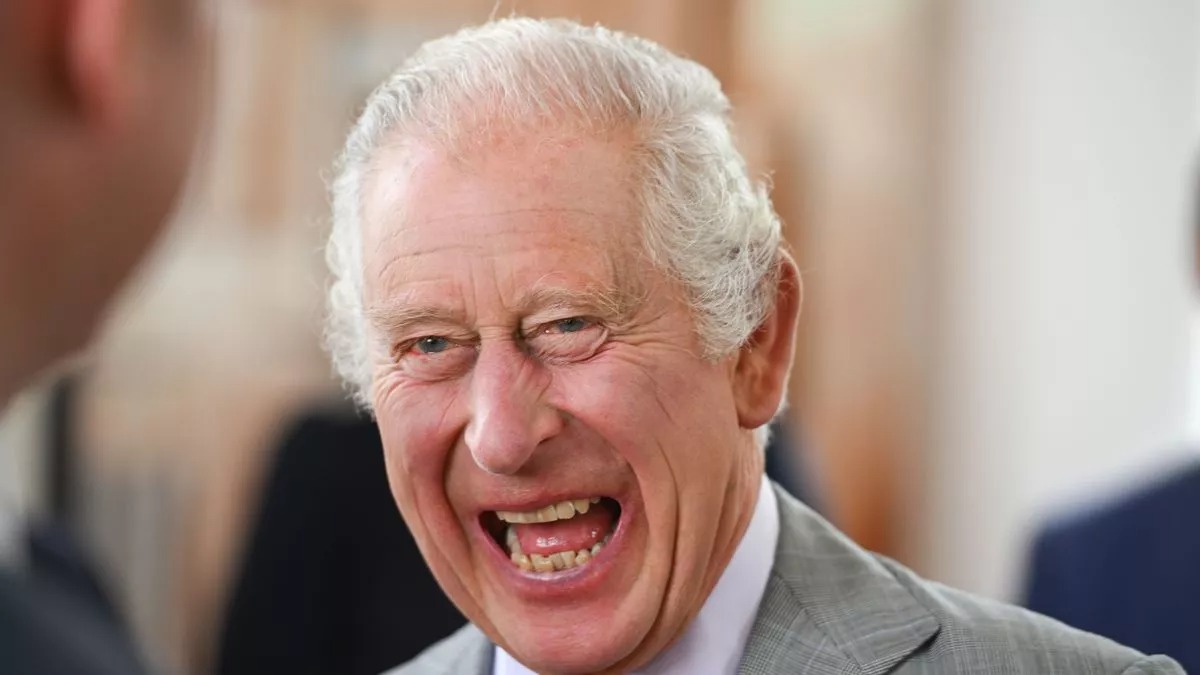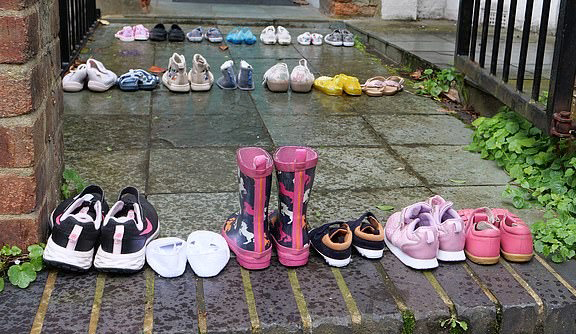An unprecedented wave of investigations has revealed how the British royal family profits from public services and charities, sparking outrage over their financial practices…
Collaborations between The Sunday Times, Channel 4’s Dispatches, and Republic, the UK’s leading anti-monarchist group, show that the monarchy costs the nation more than £500 million annually. This includes profits made from charging charities like Macmillan Cancer Support and Comic Relief for office spaces in royal properties.
The revelations paint a troubling picture of a family leveraging public assets for private gain while receiving taxpayer funds through the Sovereign Grant. Critics argue these findings expose a pattern of privilege, secrecy, and a failure to align with the public interest.
Profiting from Public Services and Charities
At the heart of the controversy is the royal family’s financial relationship with charities, public services, and local institutions. While King Charles III and Prince William are patrons of several charitable organizations, investigations have found that these same organizations are being charged substantial rents for using royal-owned properties.
Key Examples:
Macmillan Cancer Support and Comic Relief:
These charities paid over £25 million in rent over several years for offices in a royal-owned London building. The rent was so high that both organizations eventually relocated. Investigators estimate that King Charles personally received a third of the profits.
NHS Ambulances:
During the pandemic, King Charles publicly lauded the NHS for its service. However, it has since been revealed that his estate charged the NHS £11 million over 15 years for the use of a garage to store ambulances.
RNLI Lifeboat Stations:
Despite being the patron of the RNLI, King Charles’ estates charge the organization fees to use royal-owned shores.
State Schools and Community Halls:
Schools and local organizations are charged rent for operating on Duchy properties. Even state schools that wrote letters of condolence after Queen Elizabeth’s passing are reportedly paying substantial fees.
Armed Forces:
The Duchy of Cornwall charges the Armed Forces for training on Dartmoor National Park, despite the King being the head of the Armed Forces.
The Duchies: State Assets, Not Private Property
Central to the royal family’s finances are the Duchies of Lancaster and Cornwall, which collectively generate tens of millions in annual revenue. Research by Republic conclusively shows these estates are state assets, not private property of the Windsor family. Historical records confirm that monarchs were legally barred from privately owning land until 1800.
Key Financial Impacts:
£65.3 million in lost public revenue from the Duchy of Cornwall.
£33.8 million in lost revenue from the Duchy of Lancaster.
Inheritance Issues: When individuals die intestate within Duchy territories, their estates pass to the Duchy. These funds, intended for public benefit, are often redirected to causes that indirectly benefit the royal family, such as Gordonstoun School, which King Charles attended.
Environmental and Legal Concerns
King Charles’ reputation as an environmental champion has been called into question. Investigations revealed that dozens of residential properties owned by the Duchy of Lancaster fail to meet legal energy efficiency standards, a breach of climate laws. Despite this, these properties continue to be rented out, potentially incurring fines.
The Sovereign Grant: Spiraling Costs
The Sovereign Grant, a taxpayer-funded allowance for royal expenses, is at the center of the controversy. Originally tied to profits from the Crown Estate, the grant has grown disproportionately, reaching £108.9 million annually and set to rise by another £45 million in the coming years.
Breakdown of the Annual Cost:
Sovereign Grant and surplus expenditures: £108.9m.
Security costs for royal residences: £150m.
Local council expenses for royal visits: £31.9m.
Maintenance of state-owned properties: £96.3m.
Lost revenues from Duchy assets: £99.1m.
The total cost to taxpayers now exceeds £510 million annually, far surpassing that of comparable heads of state like the Irish president, whose office costs just £5 million a year.
Moral and Ethical Questions
The investigation has ignited debates about the monarchy’s role in modern Britain. Critics argue that charging public services, charities, and schools conflicts with the royal family’s ceremonial image. Additionally, Republic contends that the royal family exploits public office for private gain, an act they describe as “a form of corruption.”
Margaret Hodge, former chair of the Public Accounts Select Committee, commented: “If the royal family wants to operate like a private company, it should pay taxes like everyone else. If it’s public, it must be fully transparent.”
Republic’s CEO said: “The half-billion-pound cost of the royals represents a scandalous abuse of public money. How can we justify paying William £23 million a year while cutting NHS services?”
Republic’s Proposed Reforms
To address these issues, Republic has proposed a series of reforms:
Limit Royal Funding: Scrap the Sovereign Grant and reduce annual royal funding to £5–10 million, with King Charles receiving a salary of £189,000.
Reclaim State Assets: Merge Duchy assets into the Crown Estate, renaming it the National Estate to emphasize public ownership.
Reduce Royal Residences: Limit the King to two homes, with the state providing security and maintenance.
Increase Transparency: End royal exemptions from the Freedom of Information Act and require detailed financial reporting.
A Crossroads for the Monarchy
As Britain faces economic strain, public services like the NHS remain underfunded while the monarchy’s costs continue to rise. These revelations challenge the balance of privilege and responsibility within the royal family, raising urgent questions about their role in a modern democracy.
The findings have fueled growing calls for accountability and reform, with Republic leading the charge for an eventual abolition of the monarchy in favor of a democratic and transparent head of state.




